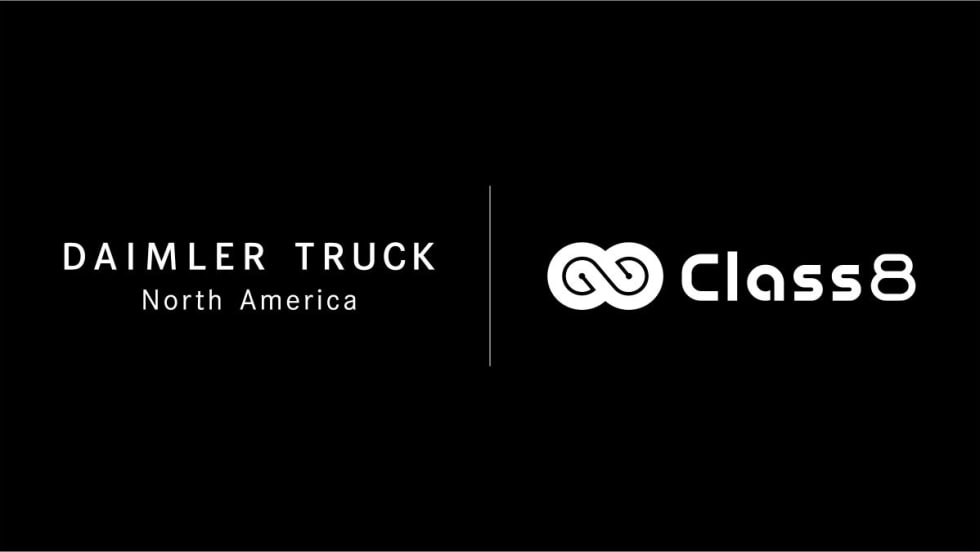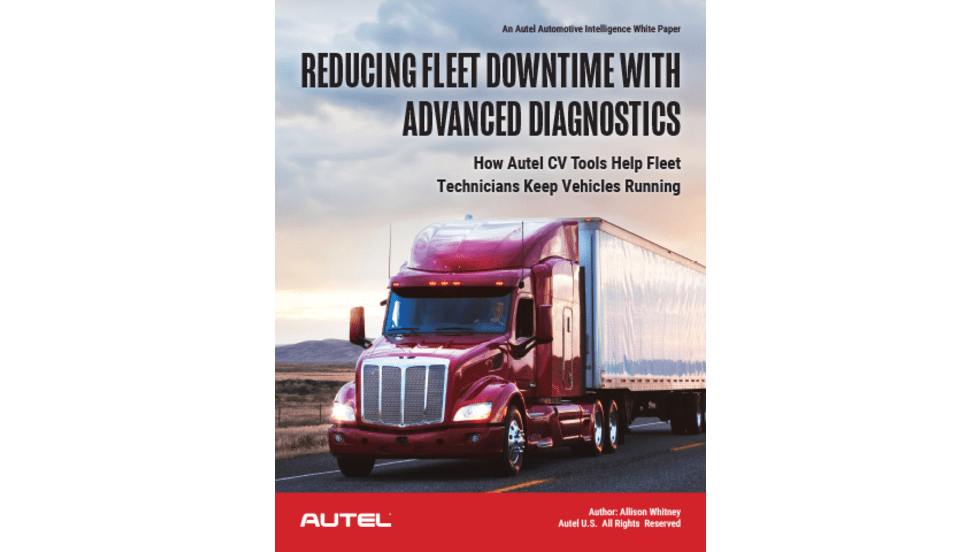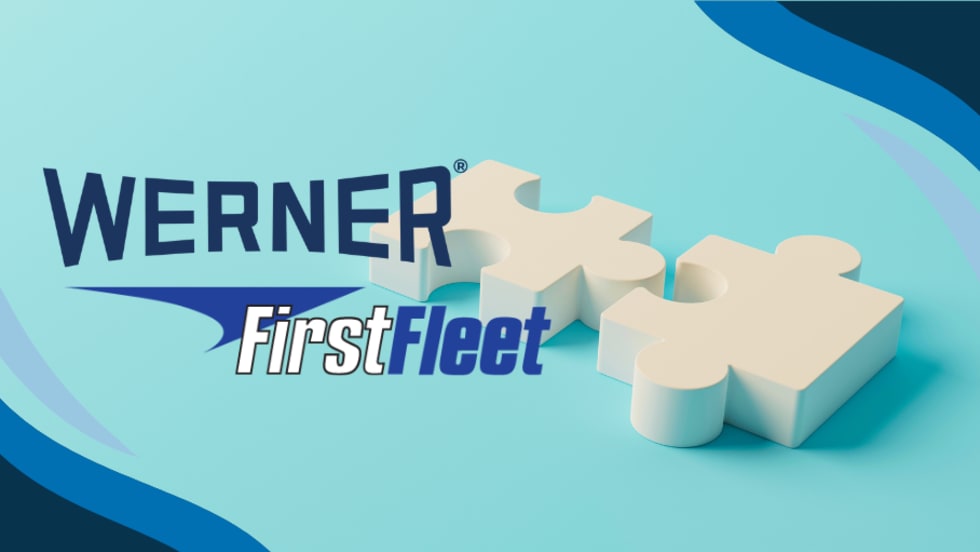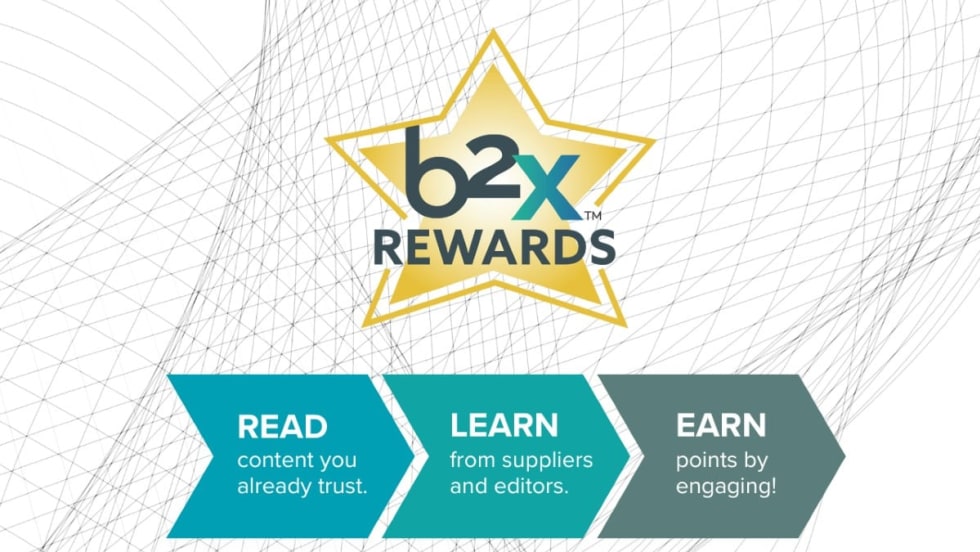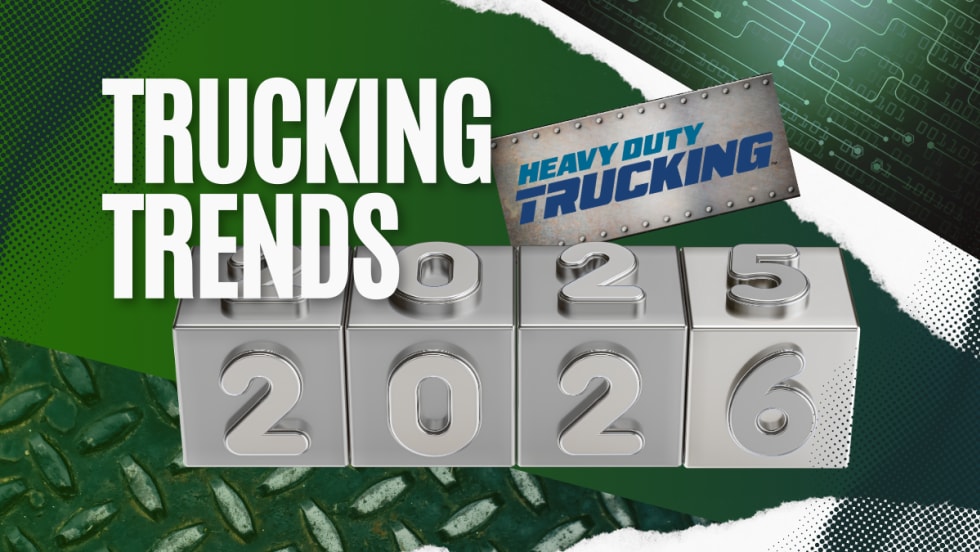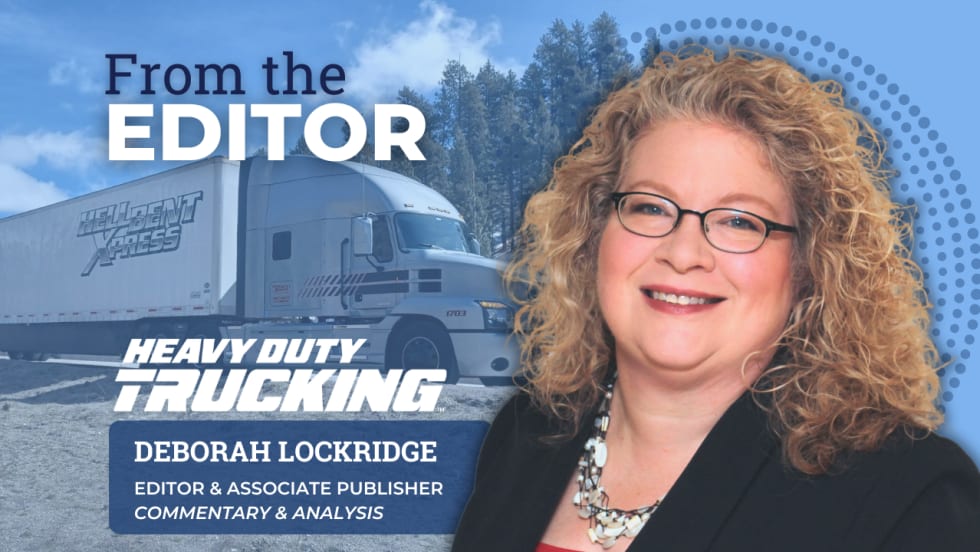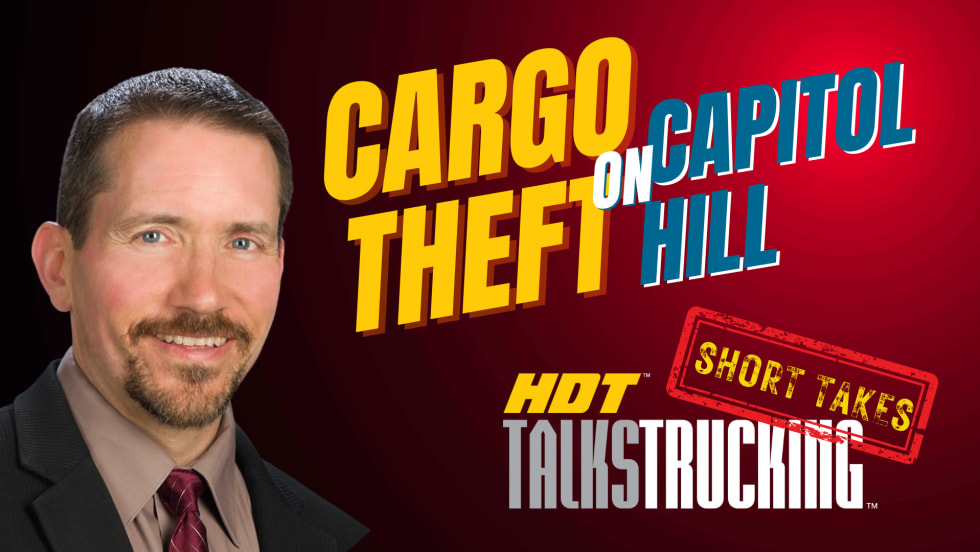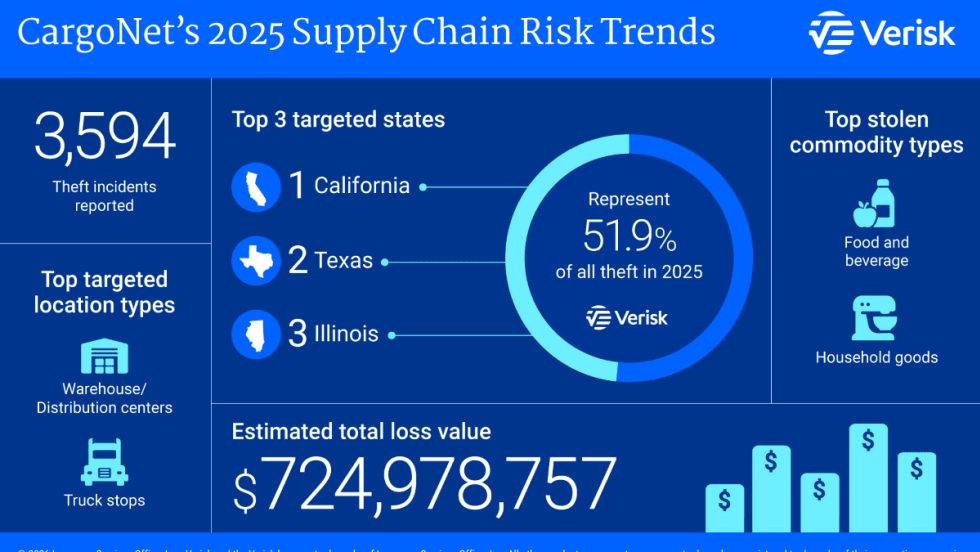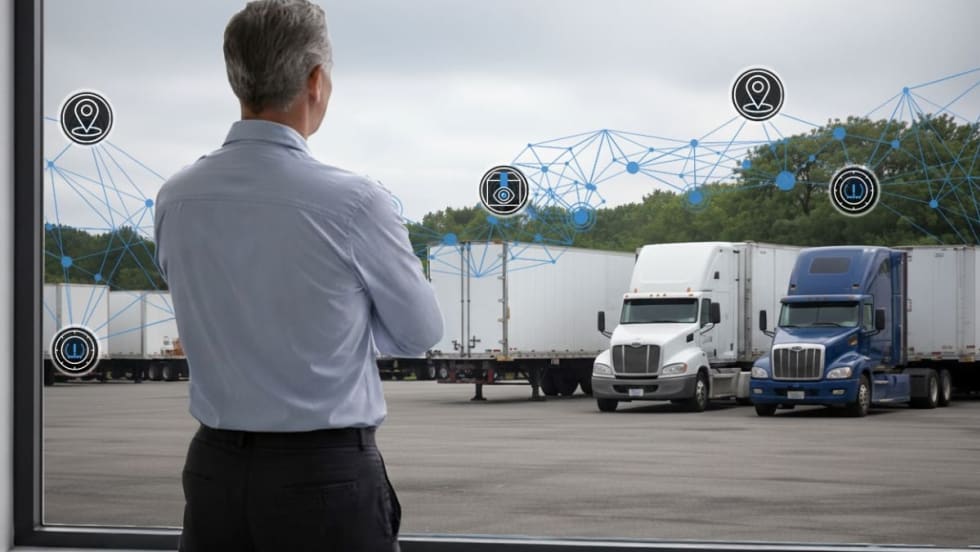Living and working in an online world means being painfully aware that electronic doorways we want sealed can be blown open. But stopping hackers is no easy feat, not when they are determined to breach every security protocol thrown up to thwart them.
To get a real-world take on how trucking companies can battle those cyber menaces, we spoke with Kevin Linardic, chief technology officer and board member of Carrier Logistics Inc. CLI, as it’s known is based in Elmsford, New York, and specializes in developing freight-transportation software, primarily for less-than-truckload fleets but also for other segments of trucking.
“Everything we deploy out to our customers, we need to make sure it's safe and secure,” Linardic told HDT Talks Truckingpodcast host Jim Park. “And we're following up continuously, all of the latest protocols, again to keep our customers safe.”
What Do Hackers Want?
Countering cyberattacks starts with understanding what hackers may want with your trucking operation. Two takeaways to keep in mind: They may not be after only you and, in this case anyway, your size simply does not matter.
“It might not even be your data that they want access to,” Linardic explained. “They want to see what’s there because they’re data-hungry. They might just ‘mine’ your data so they can jump to your customer list and then start attacking them. You might think you're just too small of a fish for somebody to care about. But you're a prime target for them,” so they can attack elsewhere.
Asked about the most likely threats that fleets face from hackers, he said the answer is “all of the above,” meaning it could be theft of data, or a ransomware play, or another line of attack.
Linardic noted that direct threats against enterprise software can greatly affect the ability to do business.
“When your website is down, and you can't move your freight or a customer of yours can't find where their freight is, that’s a serious problem.
“Then there’s the other side of the fence – the data that's external to your system that you're putting out over the Internet, all over the world. That’s data going to your telematics platforms. It's all out there. And all ripe for being captured.”
What Can You Do?
But even if fleets know of these cyber threats, are they doing enough about them?
“From what we've clearly seen out there, the answer is no,” said Linardic. “We try to nudge customers, and they say, ‘Well, I'm fine. I don't need to spend money on that. What's going to happen to me?’ But it does happen.
“We've done our due diligence, we're technically savvy, and we know we do a good job,” he added, “but it can happen. To anybody. We've been in the SAS [software as a service] world forever, and in our old days we kind of did everything ourselves. It's just like that with transportation companies.”
But a couple of years ago, meeting a new cloud-hosting provider at a trade show was enlightening.
“Talking with them, we quickly realized their expertise in hosting applications, to keep them running smoothly and safe, was above our level. And really that opened our eyes, as a trend-protection provider, that there are things we should be doing, and we should be partnering with them. And that's what we did. They’re now doing our heavy lifting. As a side benefit, we actually now can concentrate more on what we do best, which is developing great software for the transportation industry.”
Listen to this HDT Talks Trucking podcast episode and others on your favorite podcast platform or at www.truckinginfo.com/podcasts





